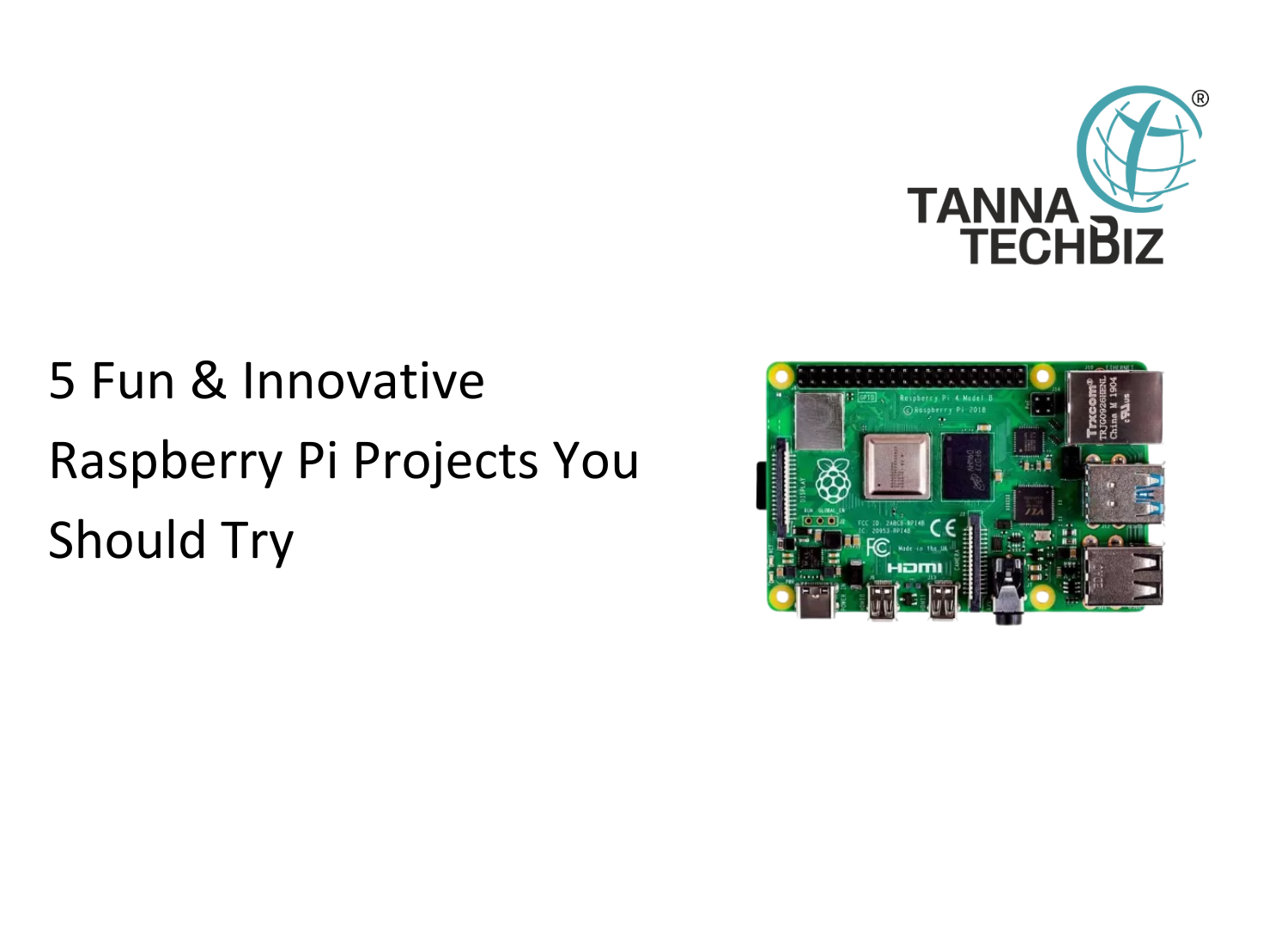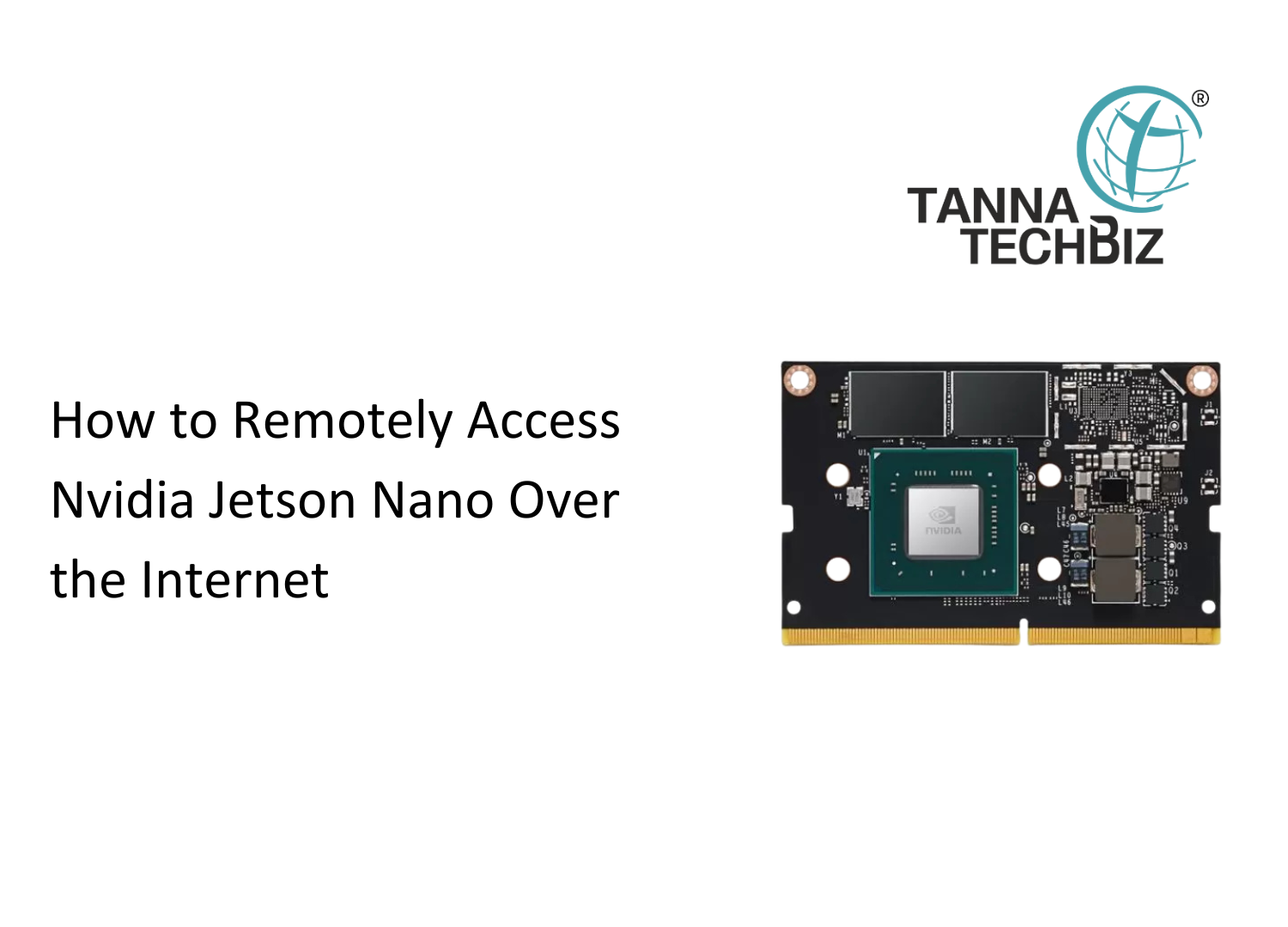Monthly Archives: June 2025
- 27 JunRead more »
As an electronics constructor of an item like a smart lighting system or a mini weather station, you might have heard of Arduino and Raspberry Pi. Both names always surface in the tech/DIY scene. Both are good tools but work differently and suit different project types. Understanding their capabilities allows selection of the best rather than wasting your time and/or money.
What is Arduino Good at?
Consider the Arduino to be an intelligent small controller. It’s not a computer, but it excels at repeated simple tasks instantly. You flip a switch, it turns on the light. You trigger a sensor, it adjusts a motor. Arduino is ideal when your project demands instant response or precise control.
Here's why Arduino is so useful:
- Microcontroller-based: It runs on basic chips like ATmega, built to handle tasks directly.
- Real-time control: It reacts fast t
- Microcontroller-based: It runs on basic chips like ATmega, built to handle tasks directly.
- 20 JunRead more »
Electronic projects are always fun, but the selection of the platform on which to implement your project is crucial. Two of the most reliable names when it comes to DIY electronics are Arduino and Raspberry Pi.
Both are great resources in their respective ways, but are meant for different tasks. Understanding the forte of each will assist you in making the perfect choice for the next project you plan on working on.
Getting to Know Arduino
The Arduino is simplicity itself. It’s ideal when you need to deal with hardware in real time. It’s like a tiny brain which hears from the sensors and pushes out signals to the motors, lights, or buzzers.
Whether you are creating a simple robot, controlling your lights automatically, or creating a temperature-controlled fan, Arduino takes care of such jobs effortlessly. It’s light on power usage, does not require an elaborate setup, and is totally beginner-friendly when you are new to electronics.
Why Raspberry Pi St
- 13 JunRead more »
How to Install Jetson SDK Components (CUDA, cuDNN, etc) on NVIDIA Jetson Orin Series via SDK Manager
Now Jetson Orin Nano is ready to install further NVIDIA SDK components. Download the SDK Manager for
- 12 JunRead more »
The Raspberry Pi has been a game-changer in the technical world. To learn how to program or even create a smart home system, it’s the go-to board for anybody requiring flexibility in an affordable option. But there’s one thing most people don’t know. Your web browser can help speed things up or slow them down.
Running any old browser isn’t going to work. To truly get the performance out of your Raspberry Pi as expected, choosing a browser to suit its power is crucial.
Puffin: Speed That’ll Surprise You
Puffin isn’t like other browsers. Instead of making your Raspberry Pi do all the heavy lifting, it pushes most of the processing to cloud servers. This gives lightning-fast browsing, even on low-end models. But, there’s a catch. Because it’s cloud-based, it may not be the best fit for those handling private or sensitive information. For casual surfing, though, it’s a
- 5 JunRead more »
There’s no shortage of Raspberry Pi models on the market. And that’s exactly what makes it tricky. Each model has its specs, performance level, and purpose. So, if the goal is to choose the right one for a personal project, learning curve, or full-blown application, this breakdown is here to save time and eliminate confusion.
This blog cuts through the noise, compares top Raspberry Pi models, and highlights exactly which Raspberry Pi accessories are worth investing in. Let’s get straight to it.
The Raspberry Pi 4 Model B: Power Meets Flexibility
This is the beast. Comes in 2GB, 4GB, and 8GB RAM variants. Fast, reliable, and built to handle serious tasks. Coding, media centres, personal servers, and even light gaming setups. If there’s a plan to future-proof or scale up later, this model makes total sense.
Raspberry Pi 400:



